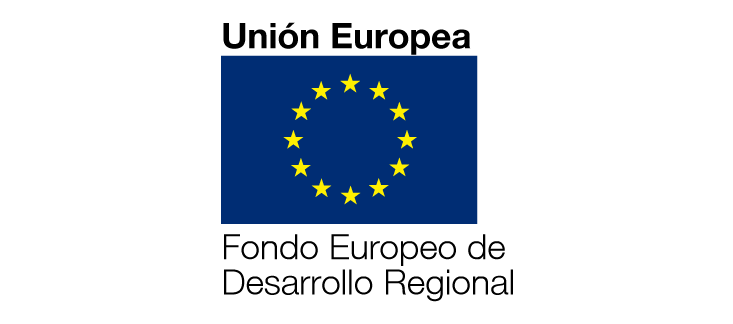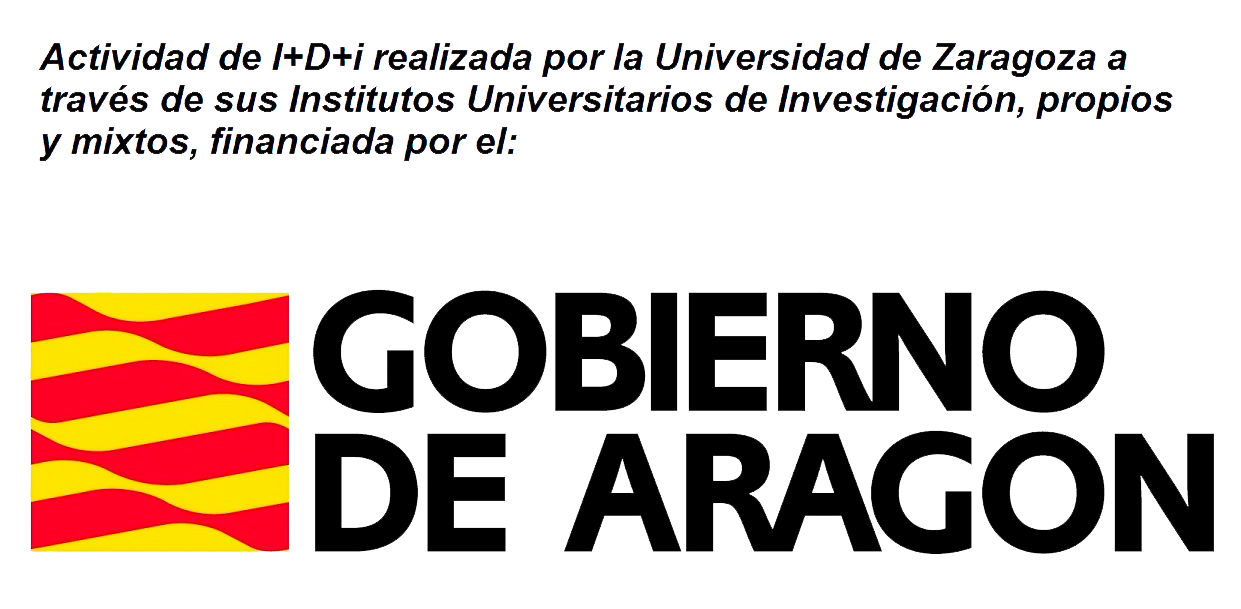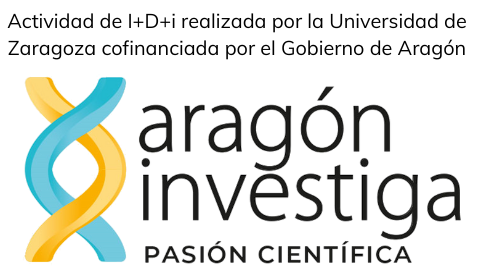Javier García Nafria receives €2 million from the ERC program
Javier García Nafria receives €2 million from the ERC program to find new mechanisms to control inflammation. ResolVer is a multidisciplinary project involving organic chemists, biochemists, structural biologists, and pharmacologists.
The ReSolVer project, funded by the European Research Council (ERC), aims to understand and find new mechanisms to control inflammation. While inflammation protects our body against pathogens, when dysregulated, it promotes and contributes to the progression of severe chronic diseases such as neurodegeneration, cancer, certain metabolic and cardiovascular disorders, chronic inflammation, or even aging. Inflammation has an initiation phase, in which immune cells are activated and transported to the site of danger, and a termination phase, where pathogens are eliminated and damaged tissue is regenerated. Initially it was believed that the initial activation phase was the only one regulated by the human body and therefore, the only one controllable with drugs. This led to the development of anti-inflammatory molecules that, while controlling inflammation, do so by blocking its activation and are therefore immunosuppressive (suboptimal for long-term treatment).
The ReSolVer project will study the termination phase of inflammation, as we now know it is a regulated process and therefore potentially controllable. This offers the possibility of developing anti-inflammatory drugs without immunosuppression, as well as medicines that promote tissue regeneration and pathogen elimination, the latter potentially helping to address antibiotic resistance.
The project will bring together organic chemists, biochemists, structural biologists, and pharmacologists to study and identify the most efficient ways to control the termination of inflammation. It will be led by Dr. Javier García Nafría and will be conducted at the Institute of Biocomputation and Physics of Complex Systems (BIFI) at the University of Zaragoza, as well as at the Laboratory of Advanced Microscopy (LMA). Additionally, the project will have international scientific advisors, including the University of Cambridge (UK) and the Center for Drug Discovery in Boston (USA), as well as local advisors (David Fernández Antorán – ARAID researcher) and in collaboration with the Biobanco del Sistema Sanitario de Aragón.
This project is expected to have a significant impact on the trajectory and research conducted by this group. This €2 million project is part of the ERC program, which provides the highest funding a single research group can receive in Europe. This increase in resources is expected to attract international researchers, train new doctoral candidates, and establish new international collaborations. Additionally, the awarding of an ERC project guarantees a seal of research excellence, enhancing prestige and increasing the attraction of both public and private funding to the University of Zaragoza.












